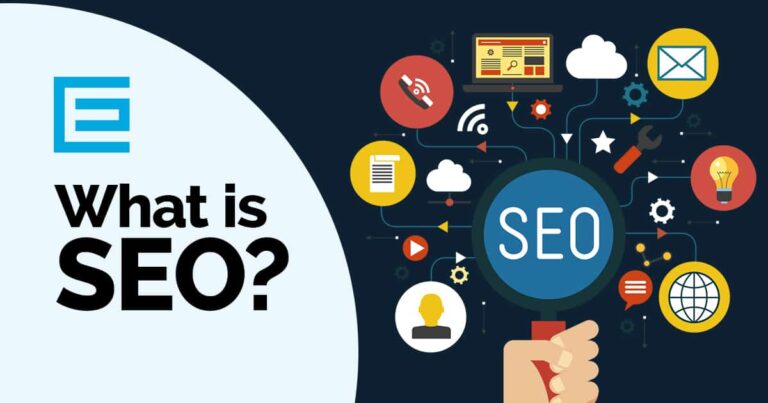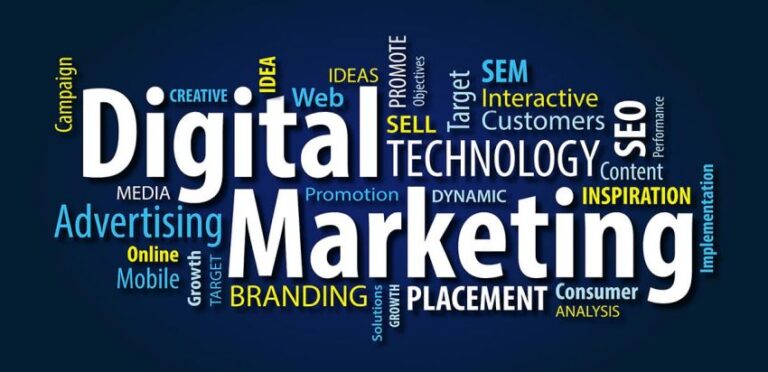
Top 10 Future Jobs: Skills, Education, and Benefits
As technology advances and industries evolve, the job market is constantly reshaping itself. The future workforce will require a new set of skills and educational backgrounds to meet the demands of emerging professions. This article explores ten promising jobs of the future, the education and skills needed for each, where to learn them, and the major benefits they offer.
- Data Scientist
Role
Data scientists analyze large datasets to derive insights, inform business strategies, and solve complex problems using statistical methods and machine learning algorithms.
Education & Skills
- Education: A degree in data science, computer science, mathematics, or statistics. Advanced degrees (master’s or Ph.D.) can be beneficial.
- Skills: Programming languages (Python, R), SQL, machine learning, data visualization tools (Tableau, Power BI), and statistical modeling.
Where to Learn
- Platforms: Coursera, edX, Udemy, and Khan Academy.
- Universities: MIT, Stanford, and University of Illinois offer data science programs.
- Bootcamps: General Assembly and Springboard provide intensive training.
Benefits
- High demand across industries like finance, healthcare, and technology.
- Competitive salaries and opportunities for career advancement.
- Artificial Intelligence (AI) Specialist
Role
AI specialists design and implement algorithms that allow machines to mimic human intelligence, driving innovations in robotics, automation, and natural language processing.
Education & Skills
- Education: Degrees in computer science, engineering, or AI-specific programs.
- Skills: Machine learning, neural networks, Python, TensorFlow, PyTorch, and problem-solving.
Where to Learn
- Platforms: Google AI, DeepLearning.AI (Coursera), and fast.ai.
- Universities: Carnegie Mellon, Stanford, and University of Oxford offer AI programs.
Benefits
- Cutting-edge field with high salaries.
- Opportunities to work on innovative projects in automation, healthcare, and more.
- Cybersecurity Analyst
Role
Cybersecurity analysts protect systems, networks, and data from cyberattacks, ensuring information security in an increasingly digital world.
Education & Skills
- Education: Degree in information technology, computer science, or cybersecurity.
- Skills: Networking, cryptography, ethical hacking, risk assessment, and knowledge of security tools.
Where to Learn
- Platforms: Cybrary, Pluralsight, and Cisco Networking Academy.
- Certifications: CompTIA Security+, CISSP, and CEH.
- Universities: Purdue University, George Washington University.
Benefits
- High demand due to increasing cyber threats.
- Opportunities for remote work and diverse roles.
- Digital Marketing Specialist
Role
Digital marketers create and manage online campaigns to promote brands, products, and services, leveraging platforms like Google Ads, social media, and email marketing.
Education & Skills
- Education: Degree in marketing, communications, or business.
- Skills: SEO, PPC, analytics, content creation, and social media marketing.
Where to Learn
- Platforms: HubSpot Academy, Google Digital Garage, and Coursera.
- Certifications: Google Ads, Facebook Blueprint, and Hootsuite.
Benefits
- Growing field with flexible work opportunities.
- High earning potential with specialization in niches like influencer marketing.
- Renewable Energy Technician
Role
Technicians install, maintain, and repair renewable energy systems like solar panels and wind turbines, contributing to sustainable energy solutions.
Education & Skills
- Education: Vocational training or associate degree in renewable energy or electrical engineering.
- Skills: Technical knowledge of energy systems, electrical wiring, and problem-solving.
Where to Learn
- Institutions: Solar Energy International, trade schools, and community colleges.
- Certifications: NABCEP Certification for solar professionals.
Benefits
- Environmentally impactful career.
- High demand as governments invest in renewable energy.
- Blockchain Developer
Role
Blockchain developers design decentralized applications (DApps) and systems using blockchain technology, which underpins cryptocurrencies and secure digital transactions.
Education & Skills
- Education: Degree in computer science, IT, or related fields.
- Skills: Solidity, Ethereum, Hyperledger, cryptography, and smart contracts.
Where to Learn
- Platforms: Blockchain Council, Udemy, and Coursera.
- Bootcamps: ConsenSys Academy and Alchemy University.
Benefits
- Lucrative field with applications in finance, healthcare, and supply chain.
- Opportunities to work on innovative technologies.
- Healthcare Data Analyst
Role
Healthcare data analysts use statistical tools to improve patient care, optimize hospital operations, and manage healthcare costs.
Education & Skills
- Education: Degrees in health informatics, public health, or statistics.
- Skills: Data analysis, healthcare regulations, SQL, and Tableau.
Where to Learn
- Platforms: Health Informatics Master’s programs on Coursera and edX.
- Universities: Johns Hopkins University and University of Michigan.
Benefits
- Contribution to better healthcare outcomes.
- Growing demand in a data-driven healthcare industry.
- Space Tourism Guide
Role
Space tourism guides will facilitate and manage tourist experiences in space, offering insights into astronomy and space exploration.
Education & Skills
- Education: Background in astronomy, aerospace engineering, or tourism.
- Skills: Customer service, astronomy knowledge, and physical fitness.
Where to Learn
- Institutions: Space tourism training centers (like SpaceX programs) and online astronomy courses.
Benefits
- Unique and exciting career in the emerging space tourism industry.
- High earning potential as space tourism becomes mainstream.
- Robotics Engineer
Role
Robotics engineers design and develop robots for manufacturing, healthcare, and other industries, blending mechanics and AI technologies.
Education & Skills
- Education: Degree in robotics, mechanical engineering, or mechatronics.
- Skills: CAD software, programming (C++, Python), and machine learning.
Where to Learn
- Universities: Carnegie Mellon, ETH Zurich, and MIT.
- Platforms: Robotics-specific courses on Udemy and edX.
Benefits
- High demand in manufacturing and automation sectors.
- Opportunities to work on innovative technologies.
- Sustainability Manager
Role
Sustainability managers develop and implement strategies to reduce an organization’s environmental impact while promoting sustainable practices.
Education & Skills
- Education: Degree in environmental science, sustainability, or business.
- Skills: Environmental regulations, project management, and strategic planning.
Where to Learn
- Universities: Harvard, University of Cambridge, and UC Berkeley.
- Certifications: LEED accreditation and sustainability certifications.
Benefits
- Meaningful work contributing to environmental preservation.
- High demand as companies prioritize sustainability.
Conclusion
The future of work is dynamic and filled with opportunities for those willing to adapt and learn. Each of these careers offers unique benefits, from high earning potential to meaningful contributions to society. By acquiring the necessary education and skills, and leveraging modern learning platforms, individuals can position themselves for success in these exciting fields.







